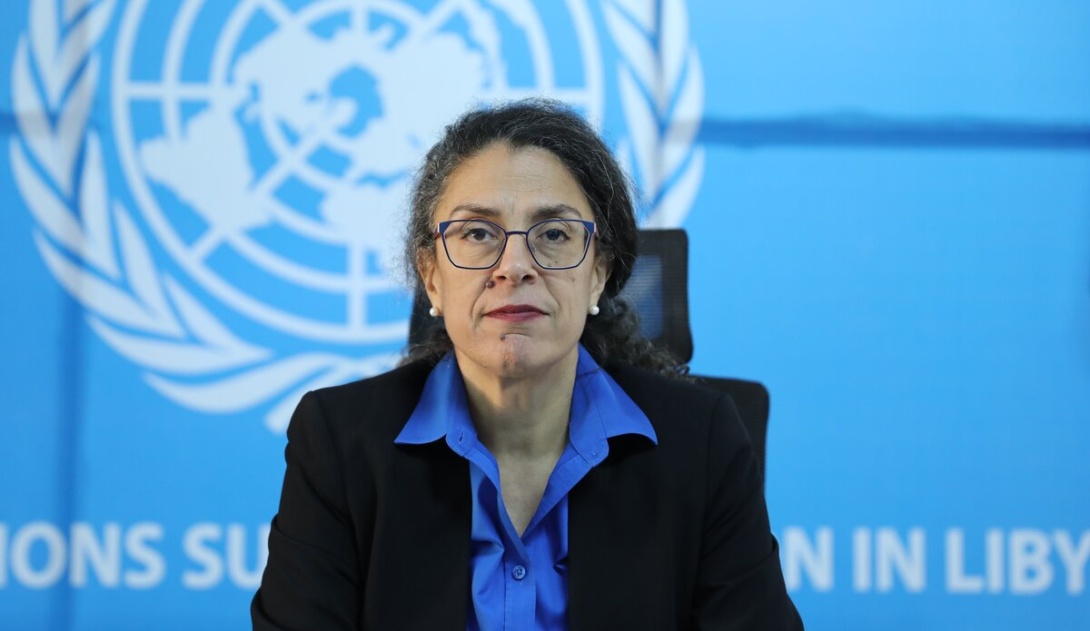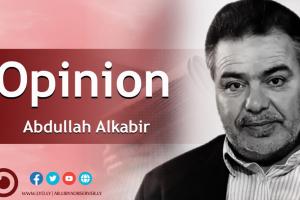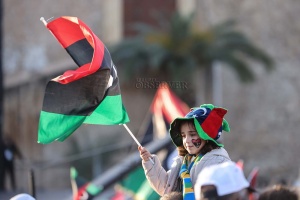By Abdullah Alkabir, political writer and commentator
Koury's first briefing to UN Security Council

There were no clear and decisive messages in the first briefing of the acting UN envoy, Ms. Stephanie Koury, before the Security Council, just a narrative of the political, economic, security and human rights situations, and a narration of the summary of her tours and meetings in the East and West of the country, with political and social elites, parties and activists in civil society.
It seems that the expectation that she would launch a new political initiative during the briefing was an overdose of optimism in terms of wishful thinking, as the title that appears prominently in the entire briefing is the continuation of the state of stalemate, without any step to change the gloomy scene by conducting elections.
There are those who believe that it is still too early for Koury to propose a political initiative that will result in a new political accord, because it is still at the beginning of her work, and she must present herself to the members of the Security Council first, and it has not yet completed the stage of examining the pulse of all parties, to determine all trends and visions, and then in a next step is to mobilize international support in the Security Council, to ensure the support required for the success of any initiative, as she is not an envoy with full powers commissioned by the Secretary-General of the United Nations, and none of the Big Five in the Council objected to her appointment. Rather the American administration pushed for her as a deputy to the former envoy Abdoulaye Bathily to assume leadership of the mission to succeed him after his resignation.
Koury conveyed all the ideas and proposals presented by various local parties. A comprehensive political agreement leading to elections, and everyone to pledge to respect the results, while some called on them to work to form a unified government. These specifications will be the basis for any initiative that may be put forward during the coming period if appropriate favourable international conditions are created.
She revealed that the ruling gangs in the East prevented the opening of 10 voter registration centers for the municipal elections and pointed to some violations that affected members of the House of Representatives and some activists while talking about the human rights situation.
Focusing on the economic difficulties faced by the Libyan citizens, and the weak purchasing power due to the financial and economic crisis, while urging the need to unify the budget, address all differences and then agree to implement it within the framework of transparency and accountability, indicates that Koury’s focus during the next few weeks will be on ways to address double-spending. This remedy will be according to the division of the budget between the two governments, which means calming the conflict over resources between the dominant powers in the East and West, and this will ultimately contribute to the project of managing the crisis and keeping it in a state of stagnation, as long as the solution has not yet matured among the powerful parties in the Security Council.
As usual, the American and Russian delegates exchanged accusations about who caused the crisis and its aggravation. These exchanges were repeated in recent briefings on the Libyan crisis, which has become another arena for conflict between Russia and the West. With the long duration of this conflict, especially in Ukraine, there will be no international approach to resolving the Libyan crisis and Koury will not provide any new addition, other than America’s guarantee of its dominance over Libya’s political file.
Disclaimer: The views and opinions expressed in this article are those of the writer, and do not necessarily reflect those of the Libya Observer



